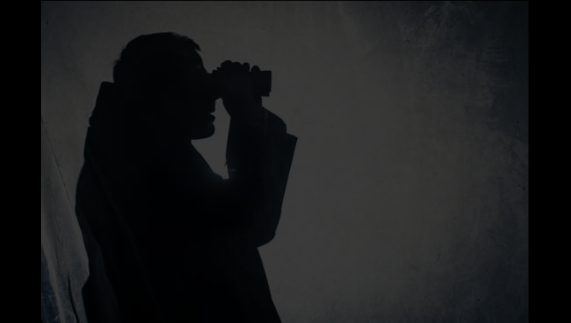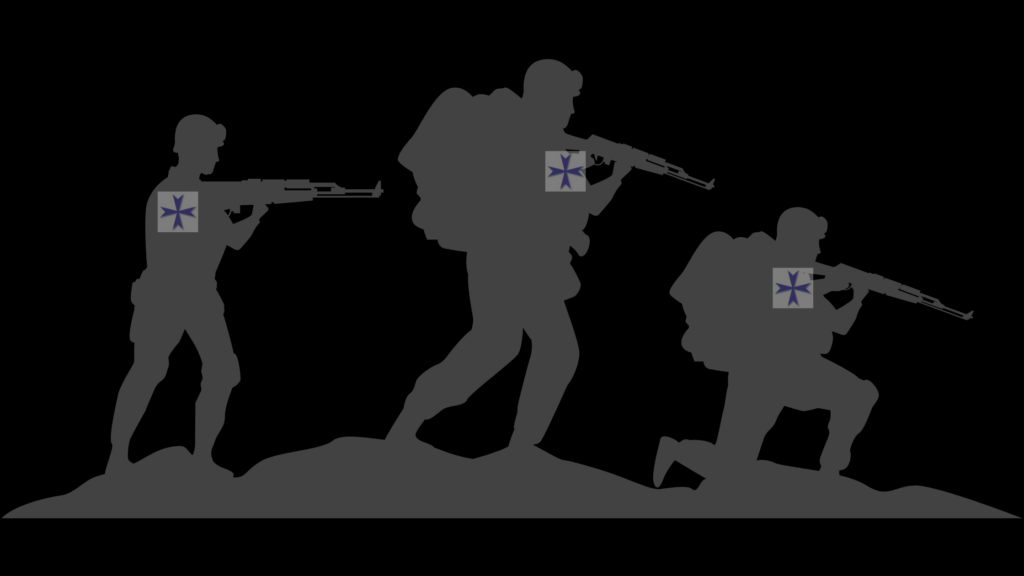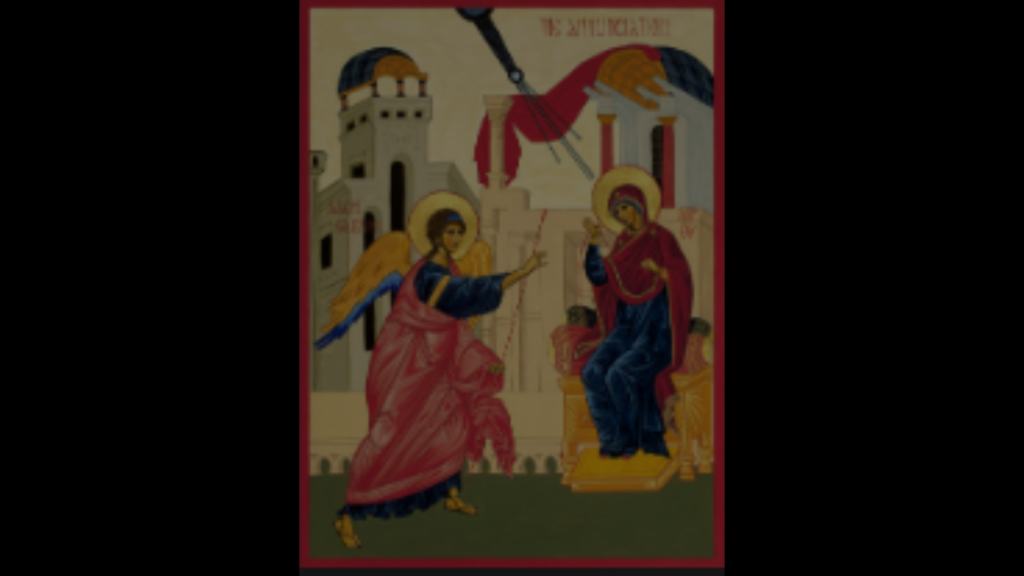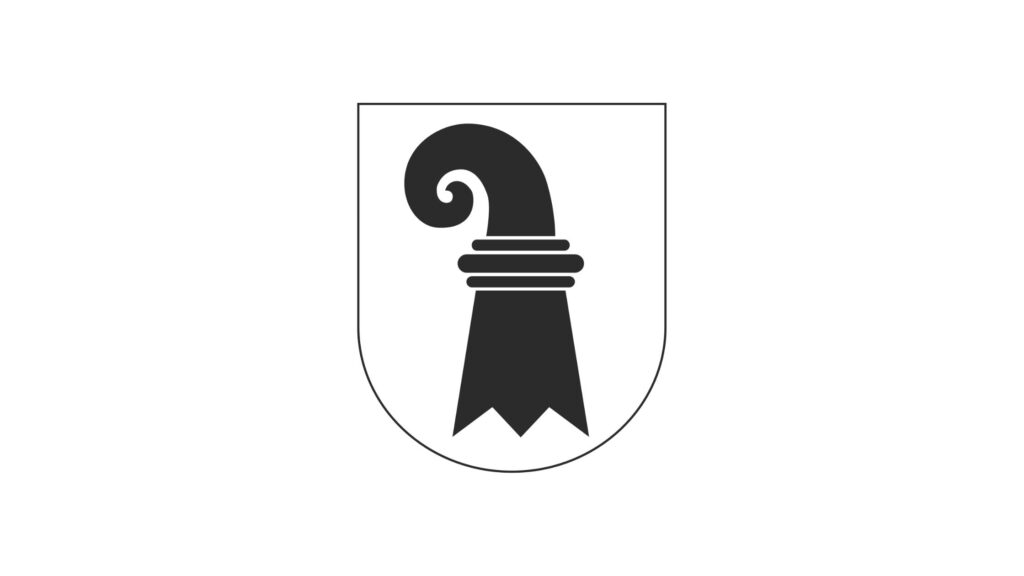She talks about the war when no one else can
Written by AJ Baalman on August 13, 2022
Originally Published At BlankSpot By Rasmus Canback
“When international journalists are banned from entering Nagorno-Karabakh, Mariam Avetisian takes up the story-telling herself. Blankspot has caught up with the Nagorno-Karabakh documentary maker who can’t keep quiet.
By RASMUS CANBÄCK August 5, 2022
Photos by Areg Balayan
– When the outside world doesn’t care about what’s happening, we ourselves have to tell the world that we exist.
Mariam Avetisian has come to Sweden from Nagorno-Karabakh and is sitting at her sister’s dining table in a suburb of Stockholm. Sister Knarik has baked Swedish cinnamon buns and lit some candles to make it cozy. “It’s real coffee,” she said to her sister, who is only visiting for a couple of days.
It is the third time that I have met Mariam. The first time was in November 2020. It had only been a couple of days after a ceasefire agreement was signed between Armenia, Azerbaijan and Russia.
The news that Russian peacekeeping troops would ensure the safety of Armenians in the de facto self-governing Armenian-dominated region of Nagorno-Karabakh, formally within Azerbaijan’s borders, came as a shock to many. For the sisters too.
Their brother had been conscripted into the Nagorno-Karabakh army a couple of months earlier, and soon after that the bombs started falling.
– During the war, Knarik and I talked every day, Mariam said then. We talked several times. We probably never talked that much and all the time we worried about our brother Eduard. But he has survived.
Unlike her family, Mariam had been one of those evacuated from Nagorno-Karabakh to Yerevan, the capital of Armenia. She was lucky to have a job with an Armenian media agency where she could quickly get into the daily routines of the company’s studio in Yerevan.
The whole time the war was in the back of her mind, and when we hung up she asked to hear my personal opinion.
– I want to make a documentary about how the children were affected by the war, will anyone listen?

- This is the conflict in Nagorno-Karabakh
- Nagorno-Karabakh is the subject of one of several conflicts in the Caucasus that arose when long-
suppressed ethnic antagonisms flared up in connection with the collapse of the Soviet Union in 1991. Azerbaijan and Armenia went to war over Nagorno-Karabakh, after which a ceasefire was agreed in 1994. Up to a million people, both Armenians and Azerbaijanis, ended up fleeing as a result of the war. There was a long stalemate, albeit with flare-ups of fighting, before a short-lived war in 2020 brought heavy losses to the area’s Armenian population and bitterness in Armenia. ( Facts: The country guide ). - According to the UN’s mandate, the Minsk Group under the OSCE is responsible for the peace negotiations. The closest they have come to a peace agreement are the common Madrid principles from 2009, which are signed, but not ratified. The principles originate from the Helsinki Convention with regard to a people’s right to self-determination and a country’s territorial integrity. ( Facts: The Minsk Group ).
- Since the 2020 war, there has been a fragile cease-fire, which some 2,000 Russian peacekeeping troops are monitoring during a five-year mandate, which is agreed between Armenia, Azerbaijan and Russia. The task of the troops is to protect the Armenian population in the region, which is in practice self-governing from Azerbaijan. ( Fact: BBC ).
- Ahead of Sweden’s chairmanship year in the OSCE in 2021, Foreign Minister Ann Linde declared that Nagorno-Karabakh was one of the most prioritized areas. The importance of starting peace talks after the war was a core issue. ( Facts: Government Office ).

On the TV screen in Knarik’s apartment, Mariam shows a clip from one of the episodes from the documentary series “The Desire to Live”. On the screen, an Armenian man is heard talking about what Nagorno-Karabakh, or “Artsach” as the man says, means to him. What it means to live there. The camera focuses on a trickling water source.
– I try to constantly think with symbolism, says Mariam and pauses the clip. When a person talks about life, I try to show what life can be by, for example, letting the camera focus on details like this. The association images are important to create mood, to make people keep looking, but also to listen and not just hear.
It’s been almost a year and a half since the war ended and just a couple of weeks after our first conversation in 2020, Mariam got down to business. She had made up her mind. She was going to start that documentary series about the kids.
– The most important thing we have here in Artsach is ourselves, says Mariam. We are the people who make up the land we live on and we are the people who suffer when the world looks away. The Desire to Live tells our stories, and makes them immortal to the outside world. No one can take away our voice.
The documentary series quickly went viral, especially among the Armenian diaspora, and soon Mariam was contacted by a producer in Los Angeles who wanted to help make a film of the series.
It premiered at the turn of the year 2021/2022 and has been shown at film festivals worldwide.
– We have won 99 prizes so far. It’s really amazing how appreciated the film is. Most recently we actually won prizes here in Sweden, in Umeå.

March 2021.
It’s the second time I’ve met Mariam. It has been 3-4 months since the war ended, and I am one of the few foreign journalists granted entry to Nagorno-Karabakh from Armenia.
It is different from previous trips where I could easily drive from Yerevan to Stepanakert in five or six hours.
Now it has taken nine hours.
The rigorous security check as Russian peacekeeping troops stopped me, looked through the bags and called their commanders took time.
In addition, one of the bridges leading into Nagorno-Karabakh is destroyed, and the old Soviet-era bridge has not been used for decades.
Mariam’s residential building by the Stepanakert football stadium is almost spared from the war. Yes, except for a long balcony where an Azerbaijani rocket was aimed.
Fortunately, the rocket never detonated and the Nagorno-Karabakh Emergency Management Agency was content to hang a pair of blue-and-white plastic straps on what remains of the balconies to remind residents not to stick their heads out too much.

– If it weren’t for the dog, I would never have left Stepanakert, says Mariam.
Her big white dog Loki rushes towards me and jumps up joyfully. I have previously seen it on a video when my brother Eduard came home from the front after the war. The dog was happier than ever before.
On this day, Mariam has just returned from a day of filming in northern Nagorno-Karabakh.
– We invest in going around to each village to see how they have been affected by the war. No one, I mean no one, has escaped it.
Mariam speaks carefully while her father pours a nubbe home-brewed. Loki staggers at his feet, waiting for scraps tossed to him by his owner.
– There is always a group of people, usually men, who sit on benches and “lie”, you could say, says Mariam and laughs. We always ask them “well, who is the best ‘talker’ in this village then?”. There is always someone who stands up, but once they start talking about memories from the war. Or about memories from the 90s war, it becomes more serious. There is a need for that. That is, to talk.
**
In the summer of 2022, The Desire to Live will be in its third season. From the first episode to the last, a lot has happened. Not only have Mariam and her team won awards and refined their filmmaking style, Nagorno-Karabakh is also changing.
The issue of the peace negotiations and the status of Nagorno-Karabakh remains to be resolved. Formally, the parties have not left the negotiating table during the Minsk Group in the OSCE, where France, Russia and the USA are co-chairs.
However, Azerbaijan believes that the OSCE format needs to be abandoned. It is no longer enough after the realities of war have changed after 2020.
It is an attitude that Armenia has not endorsed, and certainly not the de facto government of Nagorno-Karabakh, which has made a sharp statement that the only ones representing their cause are themselves.
After my visit to Nagorno-Karabakh in March 2021, the fighting also started again. Since then, a dozen or so battles have taken place. Both between Azerbaijan and Nagorno-Karabakh, but above all between Azerbaijan and Armenia.
Both sides blame each other for starting the fighting, but on several occasions the Russian peacekeeping mission has put its foot down and ruled that it was Azerbaijan that attacked the other side. Likewise, the EU has criticized Azerbaijan for the attacks.

2022.
For Mariam, the development of the past year has meant that the work has changed. She explains in her sister’s apartment that the war never seems to end.
– If much of the work when I started with the documentaries was about the war in 2020, I understand that we are living in the midst of trauma today. The attacks continue against us, and many of them – quite frankly – are not reported in the media at all. Only the “famous” or “big” ones come forward.
She sighs.
– We have become so used to living with this worry, she says. So when something happens and if it’s not serious enough, it passes us by. Here, The Desire to Live has an opportunity to still tell about what is happening. The resources of Armenian and Arstach media are too small to report on everything.
– In the end, the day we stop talking means that Artsach is ethnically cleansed.
About Mariam Avetisian: Mariam was born and raised in Stepanakert in Nagorno-Karabakh. She has a degree in media production at Stepanakert University. The Desire to Live can be seen with English subtitles on her YouTube channel . The film has won around 150 awards in the summer of 2022.
Follow Rasmus Canback on Twitter
Follow Mariam Avetisian On Twitter
Views: 46





Robbi On August 31, 2022 at 3:37 pm
Just not logical for a Christian Country like the U.S. or a Christian Continent, like the EU, to turn their back to Armenia/Artsakh while allowing MILLIONS of Muslims inclusive of Terrorists inside their borders. It makes no sense that the Christian nations do nothing to provide support and weapons for defense since it’s obvious the Russians don’t protect them and allow Azerbaijan invasions.
Randall On August 31, 2022 at 11:01 pm
Unfortunately, those actually running all the governments of the world do not care except for the agenda of the elite rulers. It is no longer conspiracy theories, it is good versus evil.
Pingback: